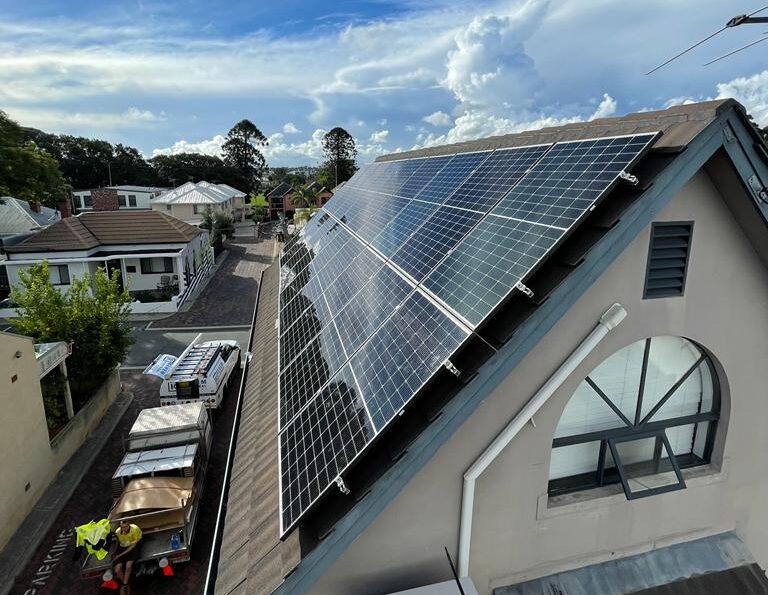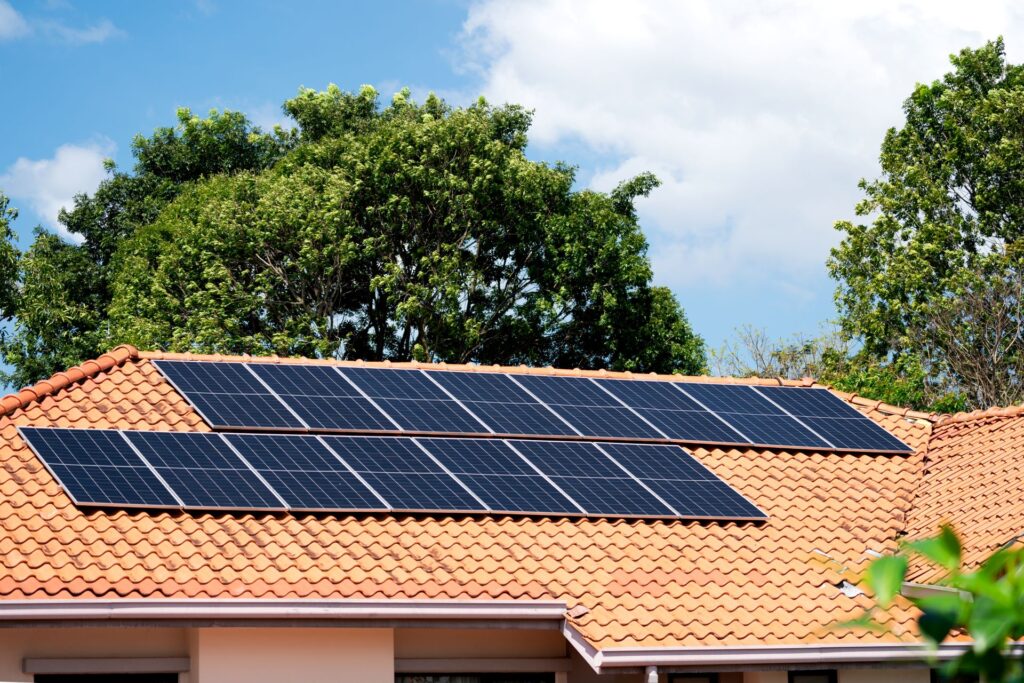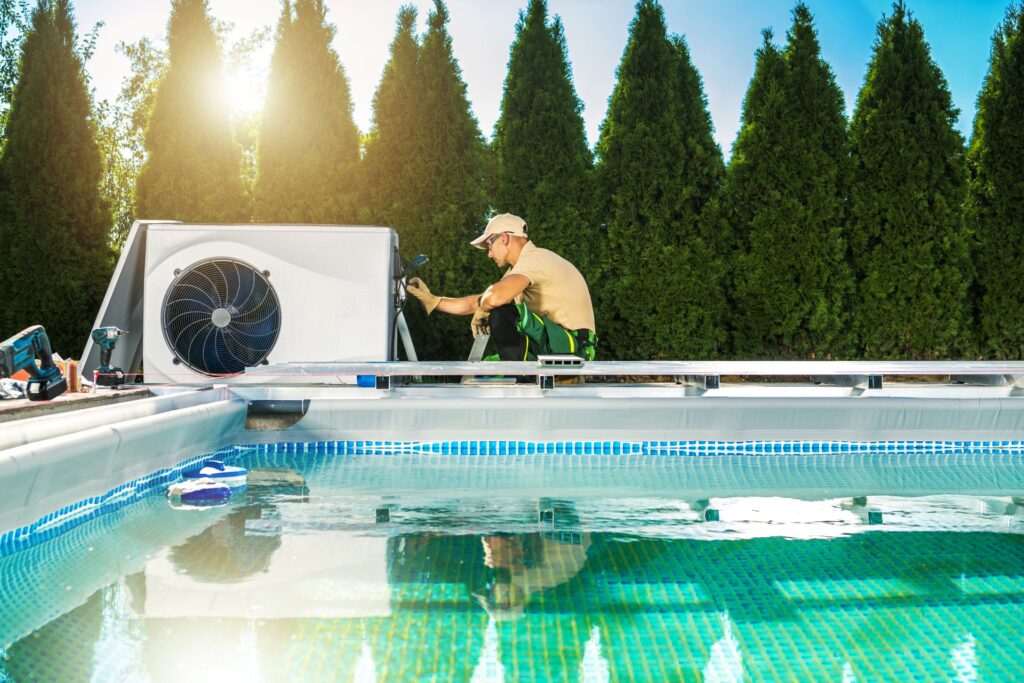Creating an energy-efficient home has become easier with the help of smart energy allocation. This approach uses smart devices and systems to manage and use energy more effectively. By allocating energy wisely, you can lower your energy bills, increase comfort, and reduce your environmental footprint.
Smart energy allocation involves using devices like smart thermostats, energy-efficient appliances, and smart lighting systems. These gadgets help you monitor and control your energy use. When used correctly, they ensure that your home runs smoothly and efficiently without wasting energy.
In this article, we will explore various strategies to optimise home efficiency through smart energy allocation. From understanding the benefits to implementing practical strategies, you will learn how to make your home more energy-efficient and environmentally friendly.
Understanding Smart Energy Allocation
Smart energy allocation is the strategic use of technology to manage energy consumption in your home. Instead of using energy haphazardly, smart systems distribute power efficiently based on need and priority. This ensures that every device and appliance works optimally without wasting electricity.
The concept revolves around using smart gadgets such as thermostats, energy-efficient appliances, and lighting systems that can be controlled remotely or automatically. These devices can adjust their operation based on real-time data, like weather conditions or your daily routines. For example, a smart thermostat can learn your schedule and adjust the heating or cooling of your home accordingly, saving energy when you’re away and ensuring comfort when you return.
By understanding how smart energy allocation works, you can take full advantage of these technologies to create a more efficient home. This strategy not only lowers your energy bills but also contributes to a greener environment by reducing unnecessary power consumption.
Benefits of Smart Energy Allocation
Reduced Energy Bills
One of the main benefits of smart energy allocation is the reduction in energy bills. By using smart devices, you can better control where and when energy is used in your home. Smart thermostats can adjust heating and cooling based on your presence, and smart lighting can turn off automatically when rooms are not in use. These small adjustments add up, helping you save a significant amount on your monthly energy bills.
Enhanced Comfort and Convenience
Smart energy allocation enhances comfort and convenience in your home. Devices like smart thermostats and lighting systems can be controlled from your smartphone, allowing you to adjust settings even when you’re not at home. This means you can arrive to a perfectly cooled or heated house without wasting energy all day. Smart appliances also offer features like scheduled operations, so you can run dishwashers or laundry machines at times that are more convenient or energy-efficient.
Environmental Impact
Reducing energy consumption through smart allocation also has a positive impact on the environment. Lower energy use means less demand on power plants, many of which still rely on fossil fuels. This results in fewer greenhouse gas emissions and a smaller carbon footprint. By adopting smart energy strategies, you not only save money but also contribute to a healthier planet.
Smart Devices for Efficient Energy Use
Smart Thermostats
Smart thermostats are essential for efficient home energy use. These devices learn your daily routine and adjust the temperature accordingly. For instance, they can lower the heating or cooling when you’re not home and bring it back to your preferred setting before you return. This ensures comfort and helps you use energy only when necessary. You can also control smart thermostats remotely via your phone, giving you the flexibility to make changes on the go.
Energy-Efficient Appliances
Switching to energy-efficient appliances is another great way to optimise energy use. Modern appliances like fridges, washing machines, and dishwashers are designed to use less electricity while providing the same, if not better, performance. Look for appliances with high energy ratings. These products often have features like scheduled operations, so you can run them during off-peak hours, saving even more on energy costs.
Smart Lighting Systems
Smart lighting systems allow you to control your home’s lighting with your phone or voice commands. These systems can be programmed to turn lights on or off at specific times or based on motion detection. For example, lights can switch off automatically when no one is in the room, reducing unnecessary energy use. This makes your home more energy-efficient and lowers your electric bills.
Implementing Smart Energy Strategies in Your Home
Conducting an Energy Audit
An energy audit is the first step in implementing smart energy strategies. This involves examining how energy is used in your home and identifying areas where improvements can be made. Professionals can help you conduct this audit, providing a detailed analysis of your current energy consumption and recommending changes. Knowing where energy is wasted allows you to take targeted actions to reduce your energy use.
Setting Up a Centralised Control System
Setting up a centralised control system can simplify managing your home’s energy use. This system integrates all your smart devices into one platform, giving you easy access to their controls. You can monitor and adjust energy settings from a single interface. Whether it’s adjusting the thermostat, turning off lights, or checking the status of your appliances, a centralised control system makes it easy to stay on top of your home’s energy consumption.
Continuous Monitoring and Adjustment
Continuous monitoring and adjustment are crucial for maintaining energy efficiency. By keeping an eye on your energy usage, you can quickly spot any unusual spikes or patterns that indicate inefficiency. Smart systems often provide real-time data and alerts, helping you make timely adjustments. Regularly reviewing and tweaking your settings ensures that your home remains energy-efficient, saving you money and reducing your environmental impact.
Conclusion
Adopting smart energy allocation strategies can transform your home into a model of efficiency. By using smart thermostats, energy-efficient appliances, and smart lighting systems, you can significantly reduce your energy consumption. Conducting an energy audit, setting up a centralised control system, and continuously monitoring your energy use are practical steps that enhance these smart strategies. These efforts not only lower your energy bills but also contribute to a more sustainable environment.
Ready to optimise your home’s energy efficiency? Contact KLUEM Group today to learn how our expert Perth electricians and solar specialists can help you make the best of smart energy technologies. Let’s work together to create a more efficient and eco-friendly home.




